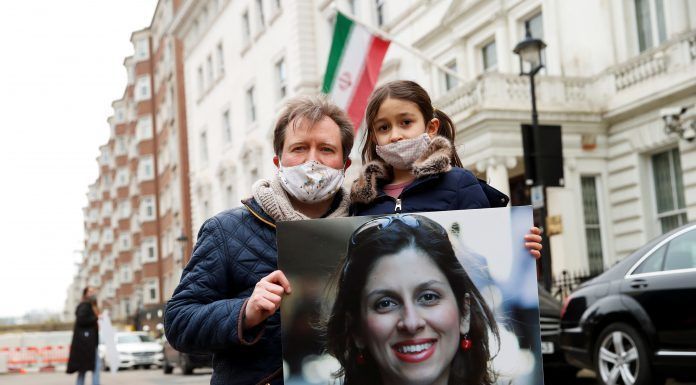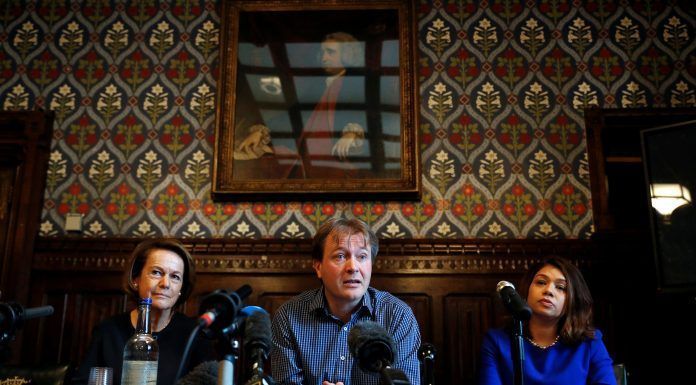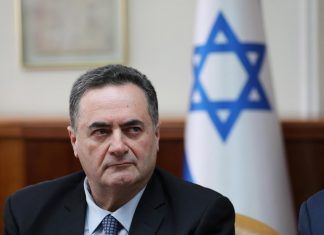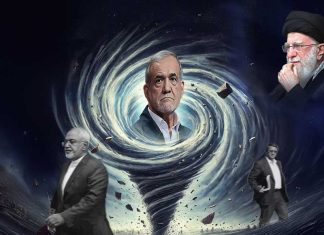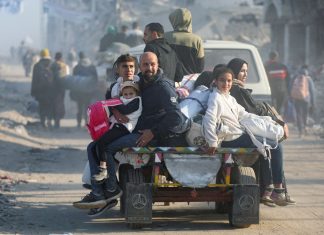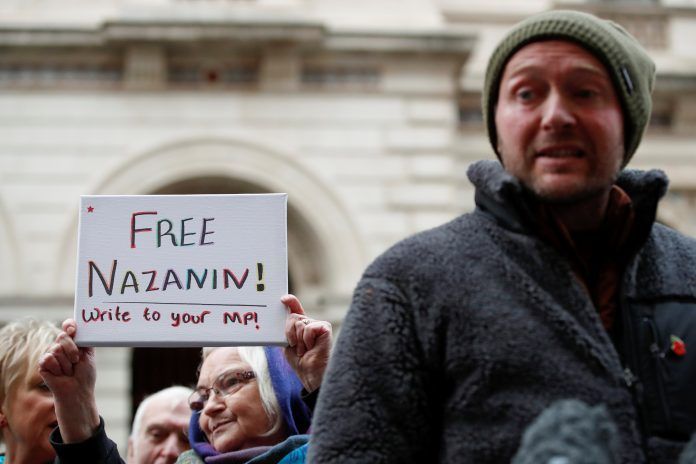
The United Nations (UN) needs to review its position on the arbitrary detention of foreign nationals in Iran, and refer to them as hostages, Richard Ratcliffe, the husband of detained British-Iranian Nazanin Zaghari-Ratcliffe, has said.
“I don’t think the UN human rights system, the UN Special Rapporteur on Iran [Javaid Rehman] and elsewhere have got to grips with the distinctiveness of the human rights risks in these cases,” Ratcliffe told Kayhan Life. “This is not just a human rights issue. This is a peace and security issue where you’ve got people being used as leverage in the middle of nuclear deal negotiations.”
“I do think the UN should be using the word ‘hostage.’ They should be looking at the human rights obligations that apply which are about states cooperating to keep people safe,” Ratcliffe noted. “There’s not much action to prevent hostage taking. There’s still a protection gap.”
Zaghari-Ratcliffe has been routinely detained by Iran’s regime for more than five years on charges including “plotting to topple the Iranian government,” which the UK and the US have called “baseless.” The mother of one was charged again on April 26 for spreading propaganda against the regime, and sentenced to a year in prison, which she has yet to serve.
The detention has been linked to a longstanding $557 million debt owed to Iran by the UK.
Richard Ratcliffe’s remarks follow the publication of a Jan. 13 report by Javaid Rehman, the UN’s Special Rapporteur on the situation of human rights in the Islamic Republic of Iran, which described the detention of foreign and dual nationals as “a means to put pressure on foreign governments” and a matter “of deep concern.”
The report — which will be presented to the UN Human Rights Council on March 17 — mentioned several instances of unjust detentions in Iran including the cases of Anoosheh Ashoori, Nahid Taghavi, Mehran Raoof and Zaghari-Ratcliffe. Rehman called the detentions arbitrary but did not suggest that the policy amounted to hostage taking.
Iran Sentences French National to 8 Years in Prison for Spying
Dual National ‘Held Hostage’ in Iran Even After Release, Lawyer Says
The UN report also expressed alarm over Iran’s execution of child offenders; poor prison conditions; ongoing discrimination against women, girls and minorities; the government’s response to COVID-19; and the lack of accountability for government officials who had committed human rights violations.
British lawmakers and human rights campaigners say Zaghari-Ratcliffe is being used as leverage by Tehran to pressure the British government to repay the sum. They say the debt and Zaghari-Ratcliffe’s detention are also influencing the Iran nuclear deal negotiations in Vienna. The UK Foreign Office said on March 15 that it was still exploring “options as a matter of urgency” to repay the money owed to Iran.
“Nazanin has understandably reacted with resentment and anger because this could have been sorted out six months ago,” her husband told Kayhan Life. “She’s had to waste another six months of her life waiting for officials to complete an agreement at their own convenience.”
British lawmaker Tulip Siddiq, who is a member of the opposition Labour party said an agreement was reached to repay the historic debt and secure Zaghari-Ratcliffe’s release, but it collapsed in August. She made the statement in a Feb. 9 debate with UK Prime Minister Boris Johnson in the British parliament. The UK government had previously refused to confirm that a deal to repay the funds had been finalized and denied its connection to Zaghari-Ratcliffe’s case.
Siddiq asked Johnson to meet with her and Ratcliffe and to intervene in the case, at the debate. Prime Minister Johnson said a meeting would be arranged “in due course.”
Meanwhile, Ratcliffe said a meeting with the UK Foreign Office was postponed last week following advice from UK officials that it would be best to wait until further developments.
“The postponement probably means things are possible. The context of that meeting was we said to the UK’s negotiator we want to know if your plan is going to work or if it’s time to move to a plan B, which is what happens when it all falls apart? How you can protect us?” Ratcliffe said.
Iran’s government has consistently denied that it targets foreign nationals and said that it does not recognize dual citizenship and the protective rights it confers in international law.
Human Rights Should Be Core Focus of Iran Nuclear Talks, Says Activist Mohammadi
Iran Sentences Human Rights Activist Narges Mohammadi to 30 Months in Prison

